The views expressed in our content reflect individual perspectives and do not represent the authoritative views of the Baha'i Faith.
The “supreme claim” of the Baha’i Faith – the oneness of humanity – doesn’t just ask us to smile and sing Kumbaya together, it asks us to do something much harder: to rid ourselves of bias and prejudice.
This difficult inner struggle, which we all have to deal with given the current state of our culture and the embedded racism it displays in almost every aspect of life, challenges everyone who responds to Baha’u’llah’s message of human unity:
Humanity, through suffering and turmoil, is swiftly moving on towards its destiny; if we be loiterers, if we fail to play our part surely others will be called upon to take up our task as ministers to the crying needs of this afflicted world.
Not by the force of numbers, not by the mere exposition of a set of new and noble principles, not by an organized campaign of teaching – no matter how worldwide and elaborate in its character – not even by the staunchness of our faith or the exaltation of our enthusiasm, can we ultimately hope to vindicate in the eyes of a critical and skeptical age the supreme claim of the [Baha’i] Revelation. One thing and only one thing will unfailingly and alone secure the undoubted triumph of this sacred Cause, namely, the extent to which our own inner life and private character mirror forth in their manifold aspects the splendor of those eternal principles proclaimed by Baha’u’llah. – Shoghi Effendi, Baha’i Administration
For me, an African American woman and a Baha’i, this transformation process includes speaking and writing the truth of my profound experiences and visceral understandings of the systemic racism which permeates all aspects of American society.
In speaking out, I explore ways and means to demonstrate my fundamental belief in the oneness of humanity by actively dismantling racial prejudice within my own family and circle of friends, within my neighborhood, and in my wider community. To do that I need to partner with like-minded individuals who share my concerns and actively work for justice, and who may or may not be familiar with the message of Baha’u’llah: “Let deeds not words be your adorning.” – The Hidden Words.
For as a member of the human race, I’ve chosen to face the immediate challenge of demonstrating in word and in action what is understood about the history of race in America, to promote justice and equality for all. As part of acquiring knowledge, I’ve learned that I need to be conversant in the concepts of:
1) white privilege, defined as “… the ability for whites to maintain an elevated status in society that masks racial inequality.” – Andersen, et al., Sociology: The Essentials.
2) white fragility, defined by Oxford Dictionaries as “discomfort and defensiveness on the part of a white person when confronted by information about racial inequality and injustice.”
Coined by Robin DiAngelo in her 2011 journal article entitled “White Fragility,” she defined it this way:
White fragility is what allows white Americans, for example, who represent 76% of the country’s millionaires, 84% of its professors, and 96% of Fortune 500 CEOs, to react defensively whenever they are presented with this information, and so to believe that they are systematically victimized because of their racial identity. White fragility is dangerous precisely because it allows individuals with more power to reframe discussions about justice in a way that will only reinforce the power that they already have.
Knowledge of the facts of racial prejudice and discrimination require profound changes in thinking, perception and orientation. But beyond that, knowledge requires and then impels behavioral change, which will upset the apple cart of current belief that perhaps a gradual, incremental approach to establishing racial justice is preferable.
Yes, some community members of faith may feel apprehensive, worrying that disunity may result from frank, candid and consistent conversations and actions to eliminate racism. However, the Baha’i teachings exhort each of us to establish racial justice from the grassroots, heart to heart, with a loving yet unapologetic belief that all humans belong to one family.
What motivates me now is loving, uncompromising and urgent consultation and cooperation with anyone who cares deeply about eliminating racial prejudice – who wants to actively promote racial healing in American communities, large and small. To this end, I keep encouraging myself and others to work alongside like-minded individuals in my neighborhood who share the wish to peacefully and fundamentally transform American society into the “Beloved Community” that the Rev. Dr. Martin Luther King, Jr. spoke about so eloquently.
All of this just takes a personal commitment: that I can and will work at the vanguard of racial healing and positive transformation within my society, by what is euphemistically called “being woke.” It is imperative for those who are “woke” about this American society, its ideals and principles, to act unceasingly to promote racial healing for our children, grandchildren and great grandchildren. We must act and think boldly, to re-educate ourselves regarding institutionalized racial discrimination and take steps to change the systems of persistent inequality and injustice. Along with my neighbors, I must raise my expectations as a spiritual human being to actively contribute to racial healing in order to: “… deck the tree of being with fruits such as knowledge, wisdom, spiritual perception and eloquent speech.” – Baha’u’llah, Gleanings from the Writings of Baha’u’llah
Every one of us can do this by focusing on the inclusive, unifying Baha’i process of building community, with a heart brimming with the love of God for our fellow human beings as His creation, and with systematic plans for establishing racial justice and peace for all people.


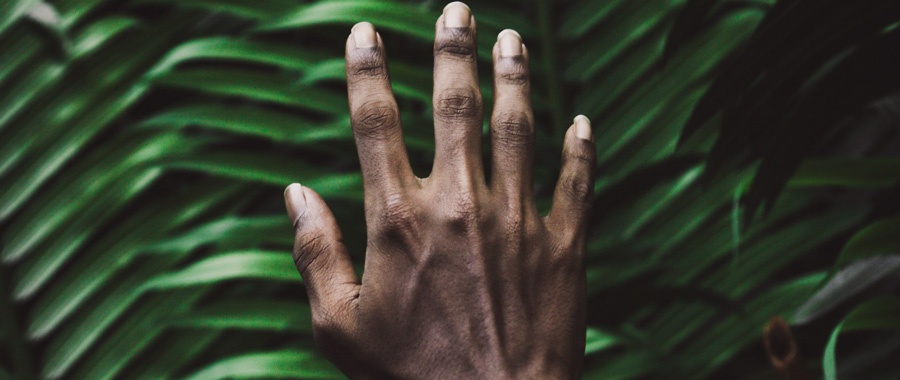
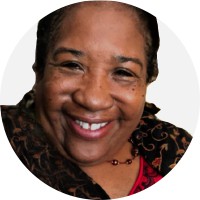
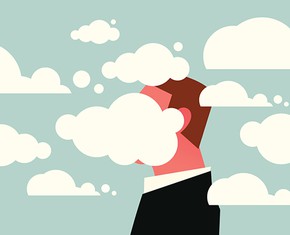
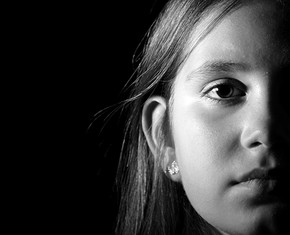
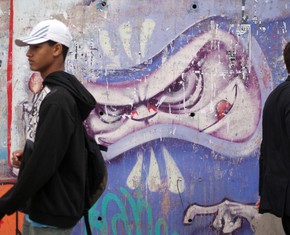









Comments
Sign in or create an account
Continue with Googleor